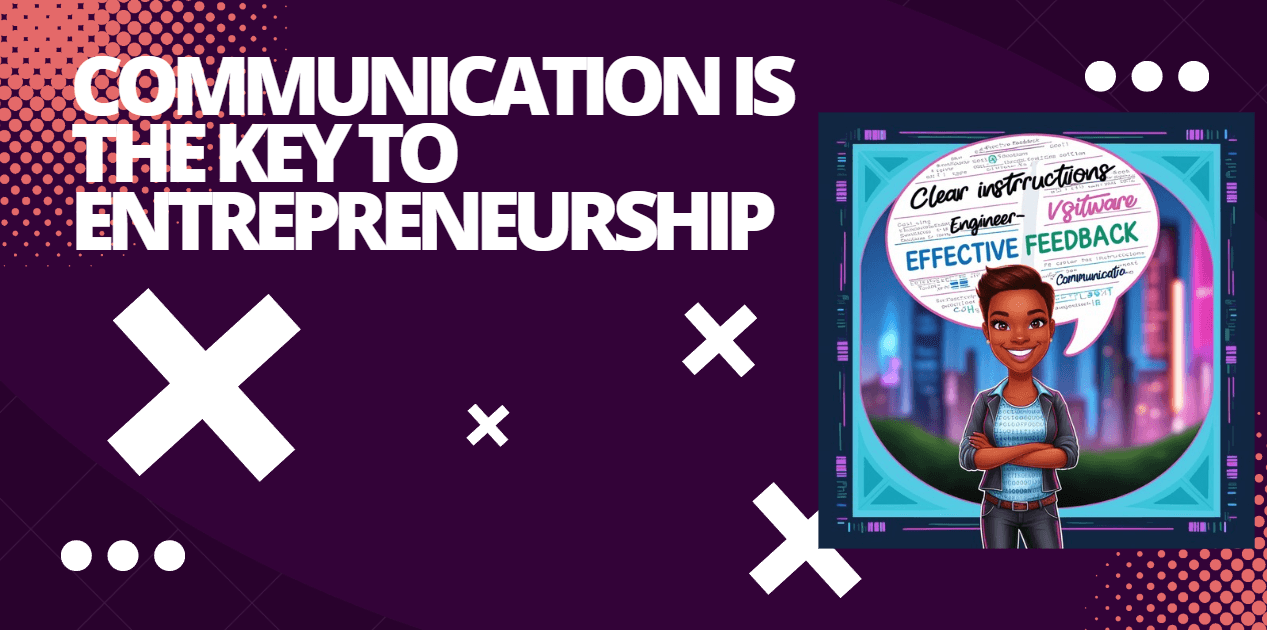Communication is vital for collaboration, helping software engineers articulate ideas, understand requirements, and work effectively with team members and stakeholders.
-
Technical skills get you hired, but strong communication is what accelerates promotions and higher pay.
-
Four pillars of communication matter most for engineers: active listening, clarity, writing, and verbal skills.
-
Miscommunication leads to defects, rework, and missed opportunities, while good communication builds trust and leadership potential.
-
Engineers who communicate well stand out in teams, handle clients better, and are more likely to succeed as entrepreneurs.



